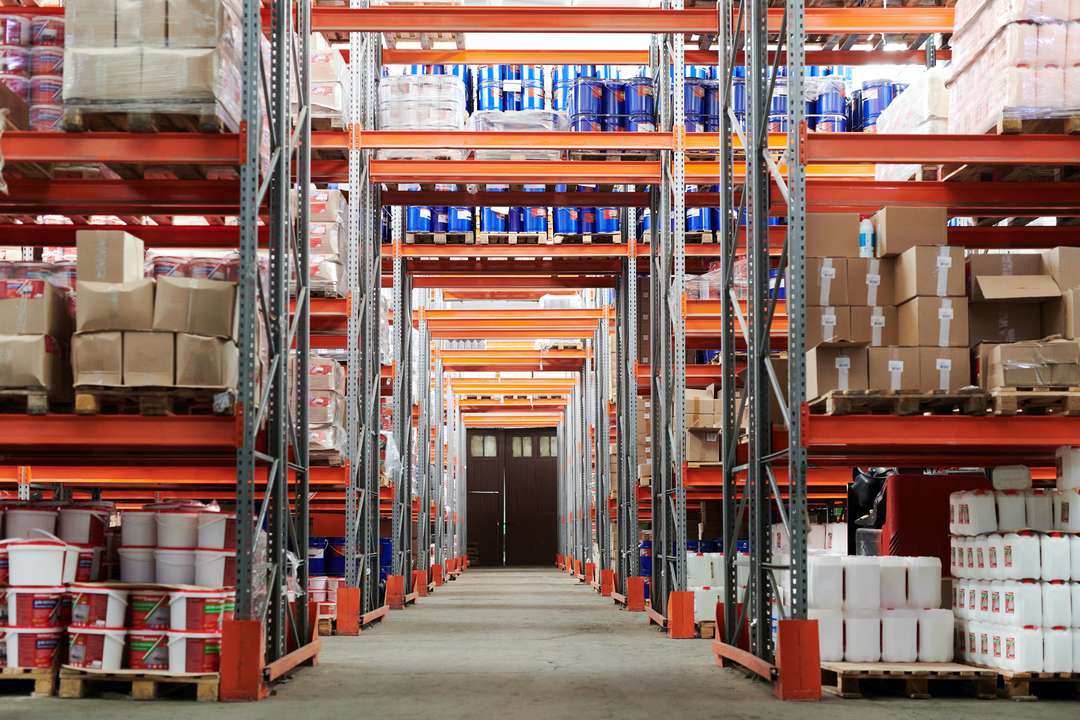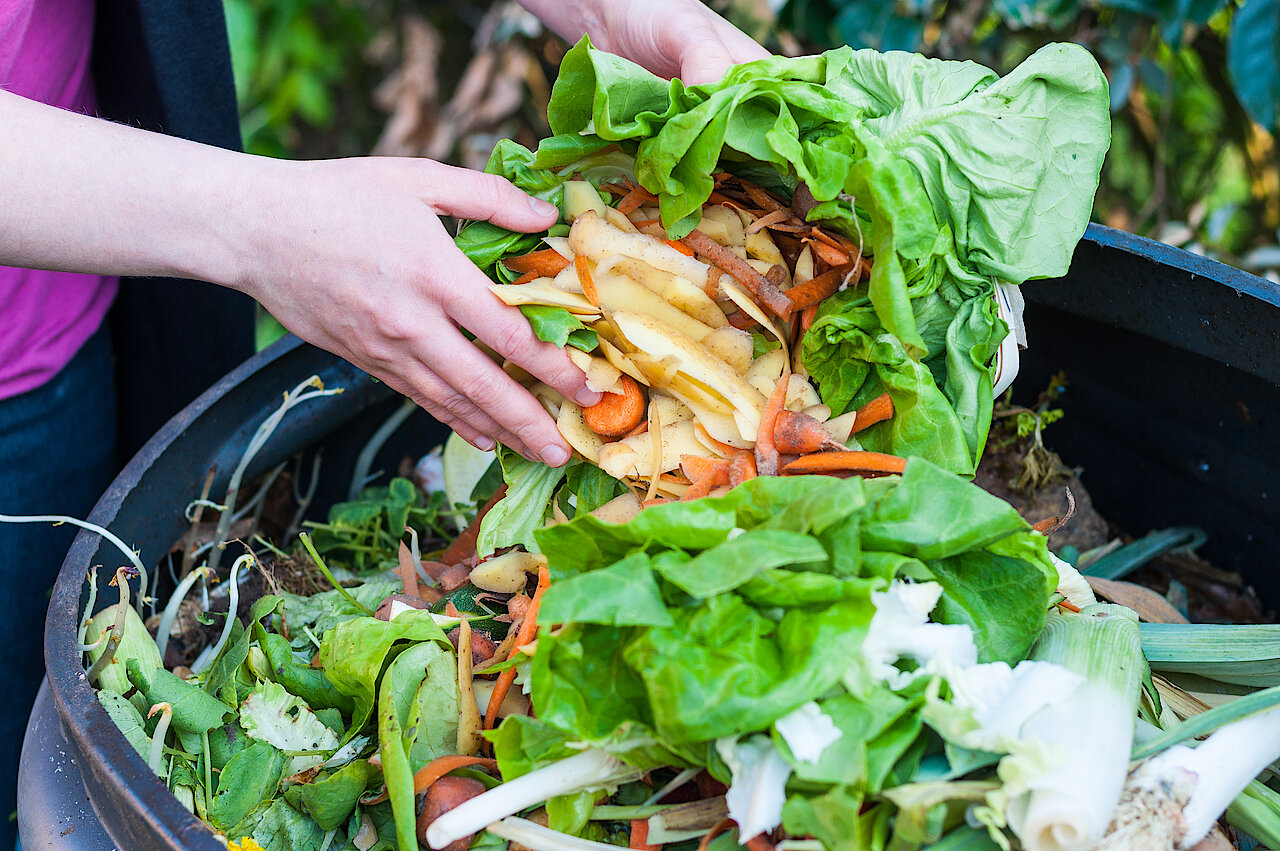
What are the advantages of a customs warehouse for your business ?
Import and export activities typically involve stock management issues for logistics professionals. It is particularly handy to have a secure and practical storage warehouse for goods in transit.
A customs warehouse is a very interesting system. It means that goods can arrive in the territory and remain under customs surveillance for as long as required, without any import tax levy or VAT. Customs warehouses prove to be very useful when it comes to storing in France goods in transit that have not yet arrived at their destination, without any tax friction.
What are the main features of a customs warehouse? Dunkerque Promotion, an agency specialising in support to help set up businesses, takes stock of the many benefits of this dispensatory customs system.
What is a customs warehouse?
A customs warehouse is a premises where you can store not only goods imported from a country outside the European Union for an unlimited time but also those coming from an EU Member State.
Legally speaking, the goods stored in this kind of premises are still considered to be under customs surveillance, even though the public authorities do not manage the warehouse. Stored goods can retain this protective status for as long as necessary, pending their final allocation. After, they can be imported into France, but they can also be exported to another country in the European Union or outside the EU.
The storage premises are managed by authorised operators. Several types of institutions and organisations can assume the role of operator. These include:
- Customs representatives
- Chambers of commerce and industry
- Transport and logistics companies
- Autonomous port authorities, etc.
What are the different types of customs warehouses?
Let’s first distinguish between public and private customs warehouses. There are three main types of public warehouses:
- With “Type I” warehouses the responsibilities are shared between the contractor (“the permit holder”) and the client (“the holder of the procedure”): the running and maintenance of the storage facilities is carried out by one party, while the other deals with the inventory and stock warehousing.
- “Type II” warehouses give the client, the holder of the procedure, more responsibility. The premises still must be authorised.
- “Type III” warehouses are managed directly by the customs authority. This type of warehouse does not exist in France .[1]
When it comes to private customs warehouses, their main distinctive feature is that the permit holder is also the holder of the procedure. In other words, a company specialising in imports and exports may create their own customs warehouse. This type of warehousing can be set up:
- Having received prior approval for the premises (recommended particularly if there is only one specific storage location).
- Without having received prior approval for the premises, but having informed the customs control office of the storage places (a compulsory requirement).
What are the advantages of a customs warehouse?
The customs warehouse system is particularly advantageous for its beneficiaries. Its main plus point for transport operators and logistics coordinators is obviously fiscal. As long as they remain under this status, goods imported into France remain exempt from:
- Valued Added Tax (VAT)
- Customs duties
- Anti-dumping duties
- Taxes specific to the Common Agricultural Policy (CAP).
Technically speaking, the application of these taxes is simply postponed until the destination of the goods is known. The tax will then be due once customs warehousing ends, based on the destination of the goods.
For example, if the goods are eventually forwarded to somewhere outside the EU, no VAT or customs duties will be applied. The tax treatment will be identical to the treatment that would have been applied if the goods had never been in France.
This makes it a practical and particularly beneficial tool. It represents a significant cash increase for the companies involved, who avoid paying VAT and waiting for it to be reimbursed.
Beyond the fiscal appeal, a customs warehouse is attractive because of its flexibility. Even when the system is being put in place, the goods may be subject to certain handling operations.
- The “usual forms of handling” goods allow them to be wrapped, packaged or to undergo quality control in-situ, without losing the benefit of the system.
- Temporary removal and movement of the goods outside the place of storage is also authorised, particularly for the usual forms of handling mentioned above.
- For greater ease of management, goods imported from outside the EU – relevant to the system – and goods originating from the common market –which are not– can be stored together. This saves the logistics coordinator from having to plan and maintain several storage premises for their business.
What Community warehouses exist in the Dunkirk area?
There are numerous customs and Community warehouses in the Dunkirk Port and Maritime Flanders area. These premises provide you with storage space for a large quantity of goods in the immediate vicinity of one of France’s largest commercial ports, along the world’s busiest shipping route.
Dunkirk International Logistics Area DLI (West Port) is a logistics platform located on 140 hectares in Loon-Plage Port. 130,000 m2 of warehouses are located nearby[2].
Why resort to a customs warehouse in Dunkirk?
Setting up your logistics business in a customs warehouse in Dunkirk Port or in the vicinity allows you to take advantage of the infrastructures in this major hub of maritime trade.
In 2021, the Freight Transport Users Association satisfaction scale evaluated Dunkirk Port’s quality of service. 88% of users were satisfied or very satisfied, compared to 57% for the average French port [3].
Dunkirk Port really benefits from this excellent reputation given its reliability and practical advantages:
- There have been no staff strikes since 1992 and business has continued throughout the recent health crisis.
- The workers assigned to manage the warehouses in the port area have been given employment contracts subject to private law and do not benefit from docker status in this case.
- The port provides a reverse charge VAT procedure and customs clearance services are available 24/7. These opening hours are very practical when planning unloading.
- A connection with Cargo Community System is available via the company C.C.S. Hauts-de-France.[4]
Finally, a Veterinary and Phytosanitary Border Inspection Service is available in the West Port area. It is responsible for carrying out health controls for:
- Products of animal origin intended for human consumption or animal feed
- Products of plant origin intended for animal feed
- Plants and plant products, including wood.
Did you know?
Dunkirk was the very first port in France to set up a veterinary and phytosanitary service directly on site as early as 2015, integrating these premises into the Border Control Post (BCP).[5]
In March 2021, the Dunkirk Port authorities then opened a new Single Border Check Point to simplify inspection. Until construction of the final building is complete, the Single Border Check Point is located in over 400 m2 of modular buildings. This new site is simultaneously home to:[6]
- The Main Office and External Surveillance Team for the Customs Service
- The Veterinary and Phytosanitary Border Inspection Service.
Lastly, in the context of Brexit, the port of Dunkirk is increasing the number of “short sea” trade links with other nearby ports. Since November 2020, for example, the company Containerships has been operating a regular link with Ireland. There has been a Liverpool and Bristol service since January 2021. [7]
***
Public or private, customs warehouses provide great ease of management for companies specialising in import and export or logistics. Goods can be stored indefinitely pending their final allocation to a destination in or outside the European Union.
Carefully choose the location of your customs warehouse to simplify transport operations and usual handling. Dunkerque Promotion, an economic development agency for Maritime Flanders, will help you to set up your business. We can advise you on highly efficient customs warehousing in the immediate vicinity of Dunkirk Port.
Three key points to remember:
- A customs warehouse is a temporary storage area for goods in transit between two destinations.
- It means that the payment of taxes due for all warehoused goods is suspended, without any time limit.
- A customs warehouse close to the port of Dunkirk guarantees a high level of flexibility for your logistics management.
[1] https://www.douane.gouv.fr/fiche/regime-particulier-lentrepot-douanier
[2] https://www.dunkerquepromotion.org/biens/dunkerque-logistique-international-dli-port-ouest/
[3] http://www.dunkerque-port.fr/fr/presse/actualites/2021-09-21-dunkerque-port-de-nouveau-remarque-par-les-clients-chargeurs-francais-pour-la-qualite-de-ses-prestations-fr-71037.html
[4] https://www.firsteco.fr/611146-a-dunkerque-c-c-s-hauts-de-france-choisit-le-ccs-ci5-du-marseillais-mgi/
[5] http://www.dunkerque-port.fr/fr/presse/actualites/2015-10-08-inauguration-du-nouveau-poste-d-inspection-frontalier-au-port-de-dunkerque-fr-40946.html
[6] http://www.dunkerque-port.fr/fr/presse/actualites/2021-03-29-dunkerque-port-un-point-de-contact-unique-a-la-frontiere-pour-simplifier-les-controles-fr-68699.html
[7] http://www.dunkerque-port.fr/fr/presse/actualites/2021-01-12-dunkerque-port-renforce-son-reseau-de-transport-maritime-vers-et-depuis-les-iles-britanniques-fr-67704.html
-
Chapters







